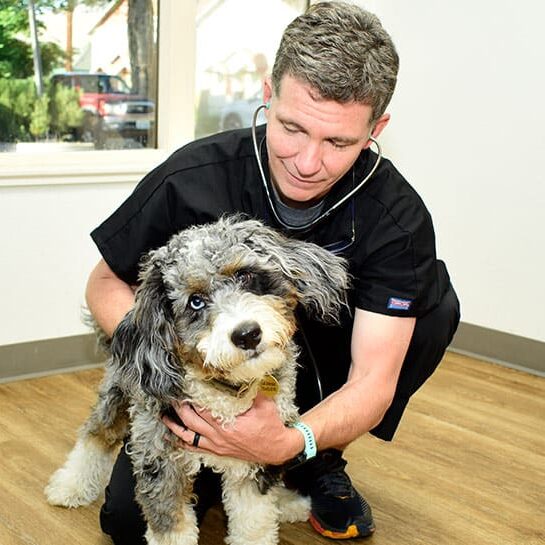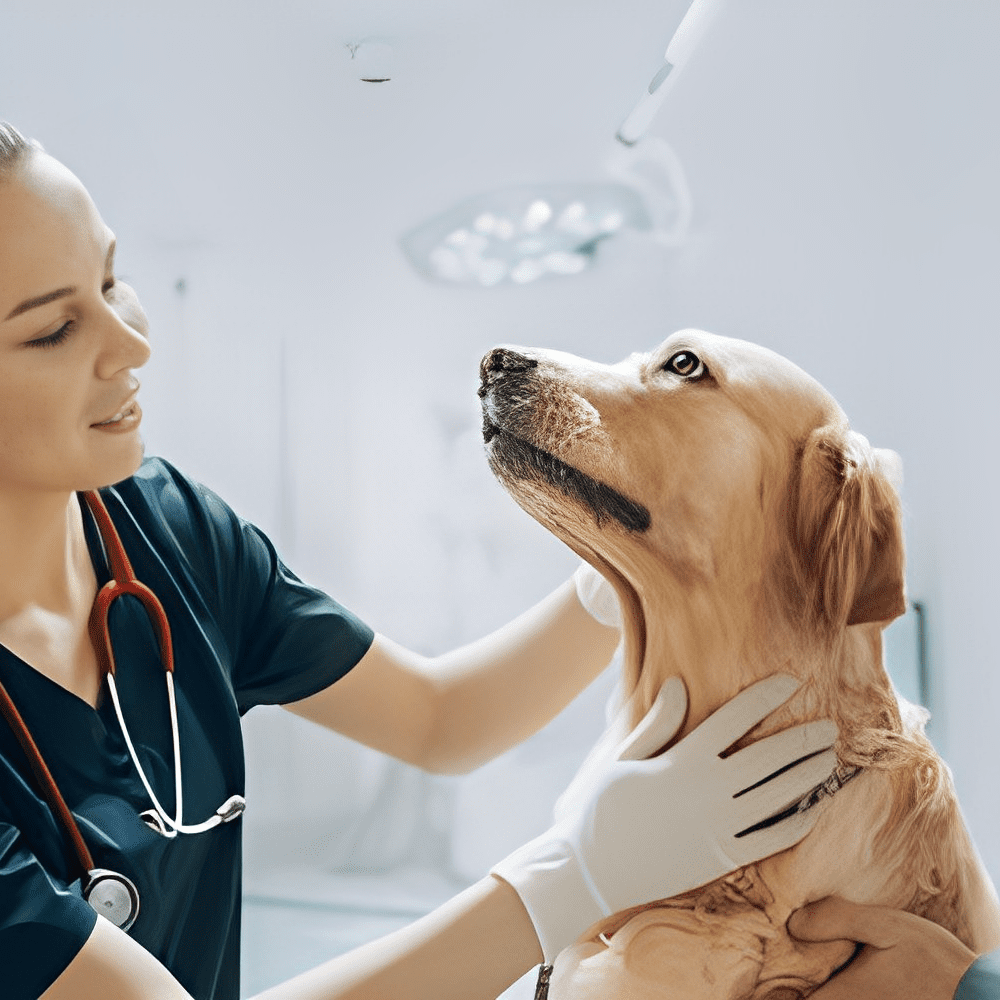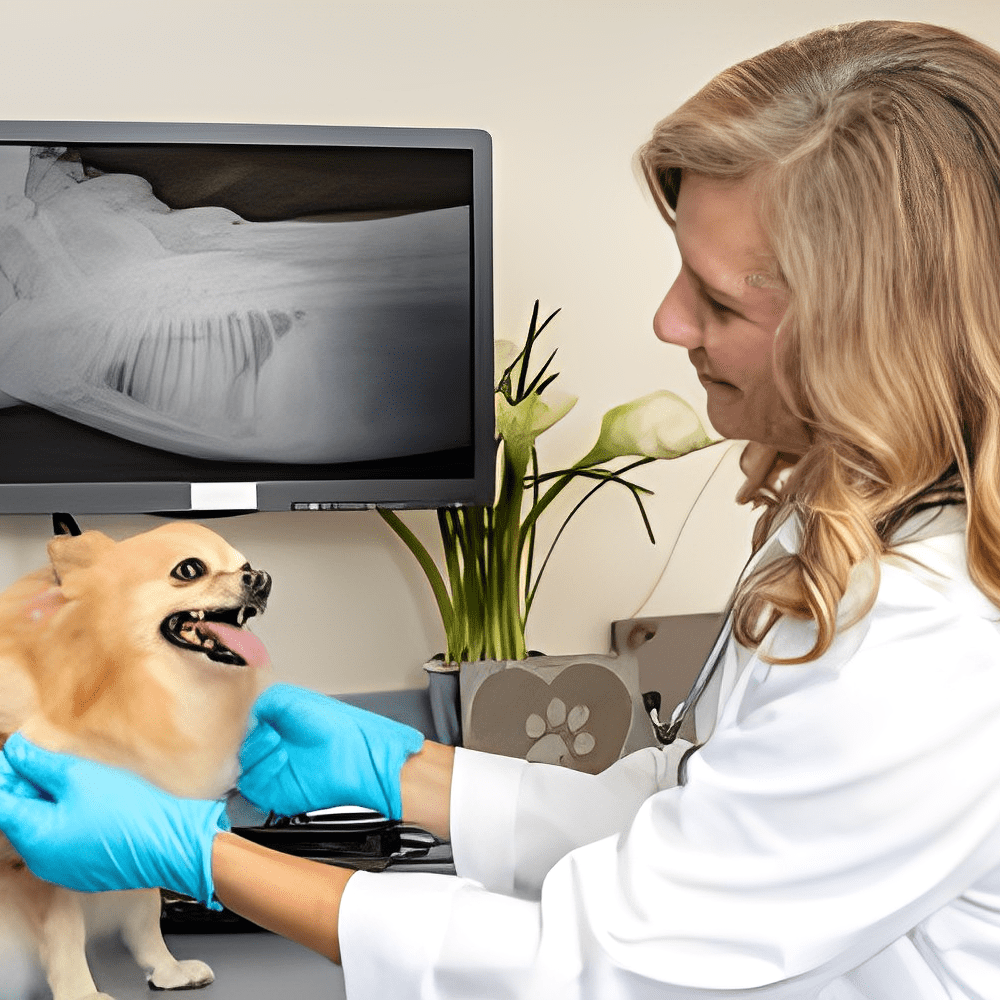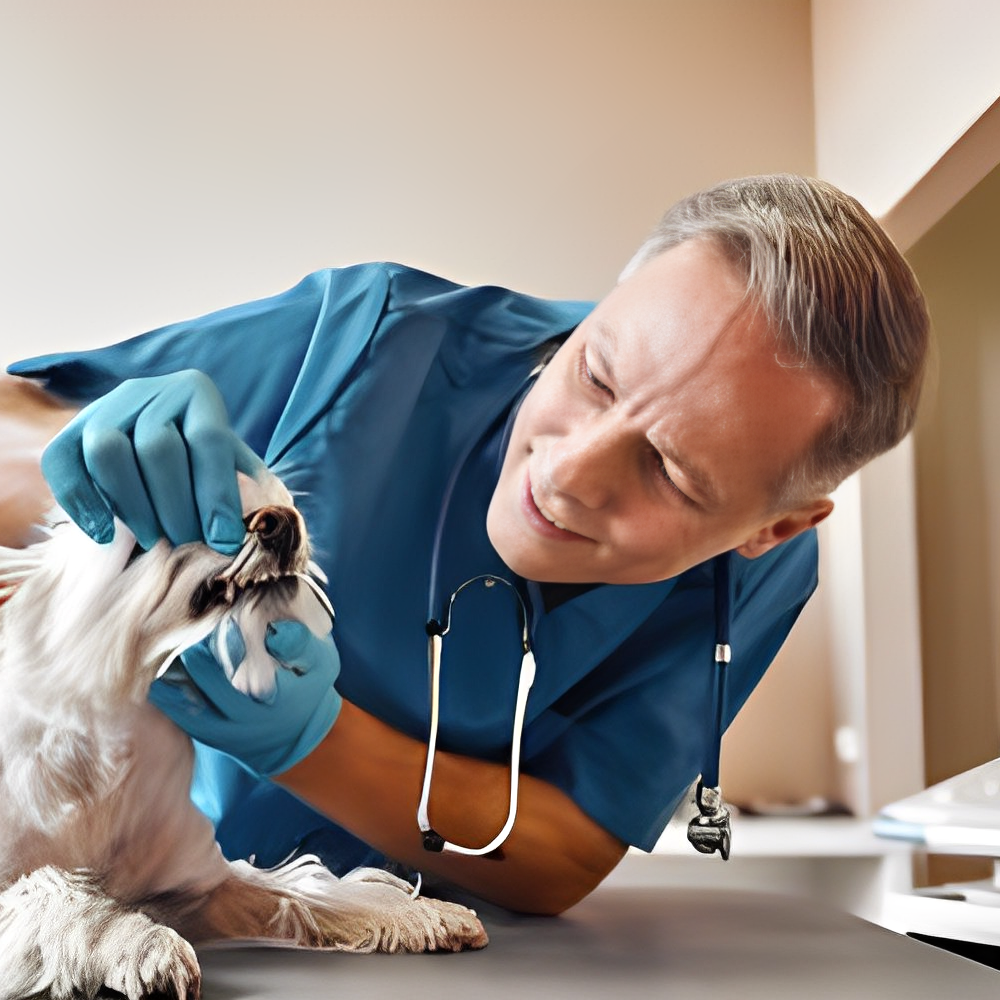Our Commitment to Pet Health
At SJB Animal Care Center, we understand that your pet is a cherished member of your family, and when it comes to their health, only the best care will do. That's why our Medical Services are centered around a comprehensive, compassionate approach that addresses the full spectrum of your pet's health needs. From the latest in diagnostics to advanced treatment options, our dedicated team of expert veterinarians and skilled staff are equipped to provide the highest standard of medical care.
From routine check-ups to more complex medical interventions, our facility is outfitted with state-of-the-art medical technology— enabling us to diagnose and treat a wide range of conditions efficiently and effectively. We believe in a proactive approach to pet health, combining modern medicine with time-honored compassion to ensure your pet's well-being and comfort.

Medical Assessments


To ensure an accurate diagnosis for your pet, a thorough examination is essential. Our medical assessment initiates by carefully examining your pet's eyes, ears, and skin. We meticulously assess their cardiovascular, neurological, gastrointestinal, and skeletal systems to detect any irregularities or abnormalities.
Further evaluation may involve blood and/or urine tests to scrutinize your pet's kidney, liver, pancreas, and endocrine system, encompassing the thyroid and adrenal glands. These tests aid in uncovering underlying health conditions that might not be apparent during a physical examination.
Depending on your pet's condition and the preliminary findings, we might recommend additional diagnostic procedures. These may include radiography (x-rays) to visualize internal structures, endoscopy for internal examination, ultrasound for detailed imaging, or biopsy for tissue analysis.
If you notice any signs of concern or if your pet's behavior seems unusual, we encourage you to contact us promptly to schedule a comprehensive medical assessment. Depending on the severity of symptoms, we might advise immediate attention, ensuring your pet receives timely care and attention to address any potential health issues.
Radiology
When we need to figure out what’s wrong with your pet, we routinely use x-rays to help identify the cause of the problem, rule out possible problems, or provide a list of possible causes. We may also use x-rays during a wellness exam to diagnose potential problems before they become serious.
X-rays provide valuable information about a pet’s bones, gastrointestinal tract (stomach, intestines, colon), respiratory tract (lungs), heart, and genitourinary system (bladder, prostate). We use radiology alone or in conjunction with other diagnostic tools. Interpretation of radiographs requires great skill on the part of the veterinarian.
We are proud to offer digital radiology (x-rays that are captured digitally rather than on film). This state-of-the-art technology allows us to provide you with a quicker diagnosis for your pet. Plus, it uses less radiation than traditional x-rays.
To avoid a blurry image, pets need to remain completely still while an x-ray is taken. In some cases, we may need to sedate your pet or use short-acting general anesthesia.
If you have any questions about our radiology service or what to expect during your pet’s procedure, please don’t hesitate to ask.


Dentistry


Imagine what your mouth would feel like if you never brushed your teeth or went to the dentist. For many dogs and cats, this is a painful reality. According to the American Veterinary Dental Society, more than 80% of dogs and 70% of cats have dental disease by the age of 3. Dental (or periodontal) disease is the most frequently diagnosed health problem in pets.
Common signs of dental disease include:
- Yellow or brown buildup (tartar) on the teeth
- Red, swollen, or bleeding gums
- Bad breath
- Excessive drooling
- Changes in eating or chewing habits
- Pawing at the face
- Loose teeth
- Depression
Even if your dog or cat doesn’t have these symptoms, we recommend that you have a veterinarian evaluate your pet’s dental health at least once a year. Bacteria and food debris accumulate around the teeth and, if left unchecked, will lead to deterioration of the soft tissue and bone surrounding the teeth. This decay can result in irreversible periodontal disease, tooth loss, and possibly expensive oral surgery.
Dental disease can also affect other organs in the body: Bacteria in the mouth can get into the bloodstream and cause serious infections in the kidneys, liver, lungs, and heart. If these problems aren’t caught and treated quickly enough, they can result in death. A physical exam combined with appropriate laboratory work can determine if infection in the mouth has spread.
Schedule your pet’s dental exam today! We can also help show you how to brush your pet’s teeth and recommend foods and treats that will help combat plaque and tartar buildup.

